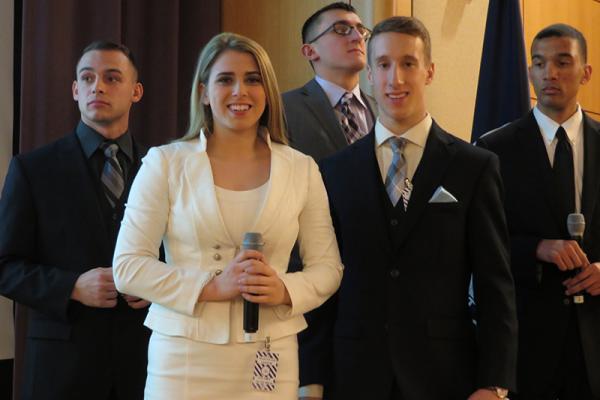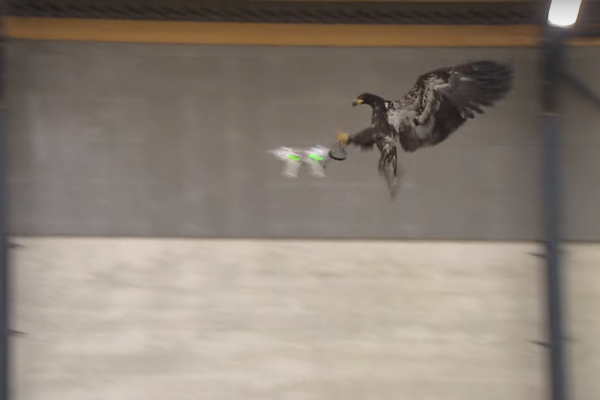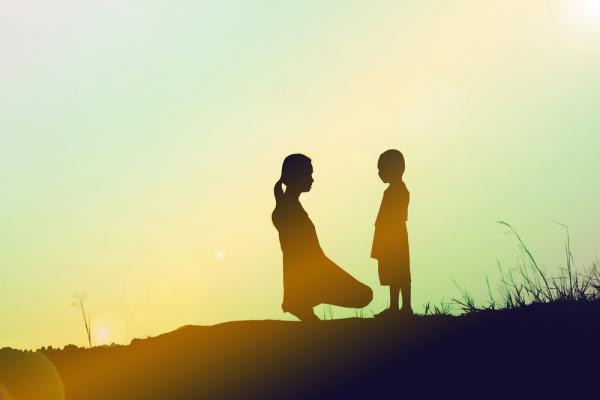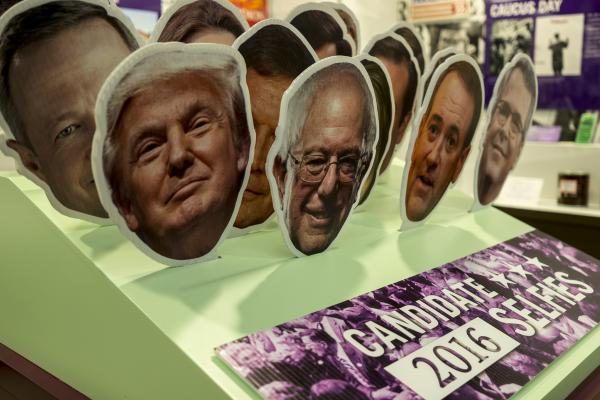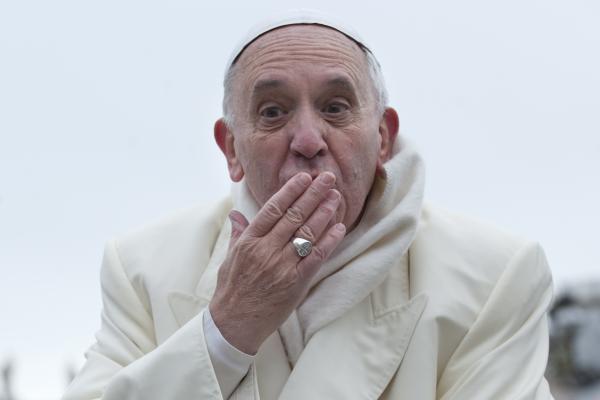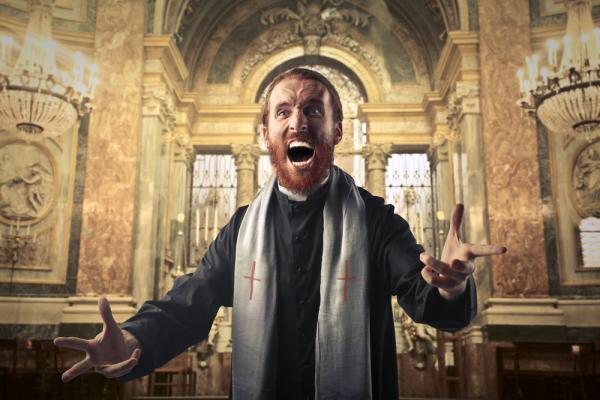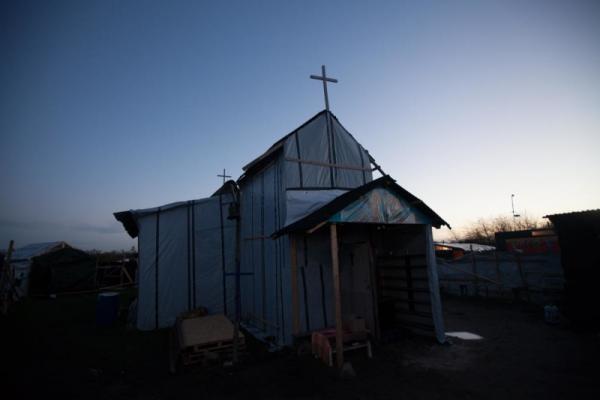I recoiled harshly when I heard suggested that white supremacy was at the core of the issues Flint had been dealing with for decades and continues to struggle with now. I knew what white supremacy was. Lynching, KKK, police dogs, etc. I didn’t think there was any way that my good intentions to help Flint had any white supremacist motivations. But that's where I, and to a large degree most white Christians, are wrong.
Now that Ted Cruz has won Iowa’s Republican presidential caucus, he may want to listen more closely to those evangelicals who supported him on the subject of climate change. Just last month, the Texas senator, who chairs the Senate’s Subcommittee on Space, Science, and Competitiveness, proudly claimed, “According to the satellite data, there has been no significant global warming for the past 18 years.”
Last fall, 16 West Point cadets — none of them Muslim — signed up for an elective on counter-terrorism and created a Facebook page to appeal to young Muslims thinking about joining the so-called Islamic State group. The cadets aimed to convince those tempted by the terrorist cause to see jihad in Islam as a peaceful endeavor. For their project to succeed, the cadets knew, they would have to learn more about the faith, and build a social media platform that reserved judgment even on those who expressed admiration for committed terrorists.
Joel Osteen may believe in the “power of positive vision,” but prominent Roman Catholic Stephen Colbert had something else to offer him Feb. 2 during Osteen’s appearance on The Late Show.
“Have you tried the power of crippling guilt?”
The bald eagle has been the symbol of the U.S. for over 200 years.
But we’ve never put an eagle to as good of a use as the Dutch are now: taking down drones.
In order to remove drones hovering above unauthorized areas, such as airports or political events, Dutch police are training eagles to snatch them out of the air.
We've put a man on the moon. Why haven't we done this yet?
The gospel account of the transfiguration of Jesus comes at a time when we desperately need its powerful message of encouragement. Our nation is in the midst of an epidemic of what I call “a degenerative discouragement syndrome”. The news cycle enumerates a list of issues and concerns which seem to resist remediation or repair.
So who was the real loser in Iowa last night? The "evangelical" brand. For weeks now the nation has heard the media talk about "evangelicals" — by which they actually mean white, highly conservative, older, mostly male voters motivated by their faith. Last night one pundit after another analyzed who this “evangelical” vote supported, with data showing Ted Cruz winning significant backing.
Coming to a theater near you: the Vicar of Christ. The charismatic Bishop of Rome is set to play himself in the movie Beyond the Sun, reports Variety. This will be Pope Francis’ first time acting — not to mention the first time a pope has ever appeared in a feature film.
Your pastor doesn't have it all figured out. We promise.
They get scared. They get angry. They get lonely. And they doubt whether any of it's worth their time, or their faith.
A church and mosque in France’s “jungle” camp for migrants and refugees have been destroyed, despite authorities’ reportedly promising not to demolish the places of worship. Bulldozers moved into the camp in Calais, the departure point for ferries to Great Britain, on Feb. 1 and tore down the mosque, which reportedly drew up to 300 worshippers each day, and St. Michael’s Church, a makeshift chapel serving mainly Orthodox Ethiopian Christians.


